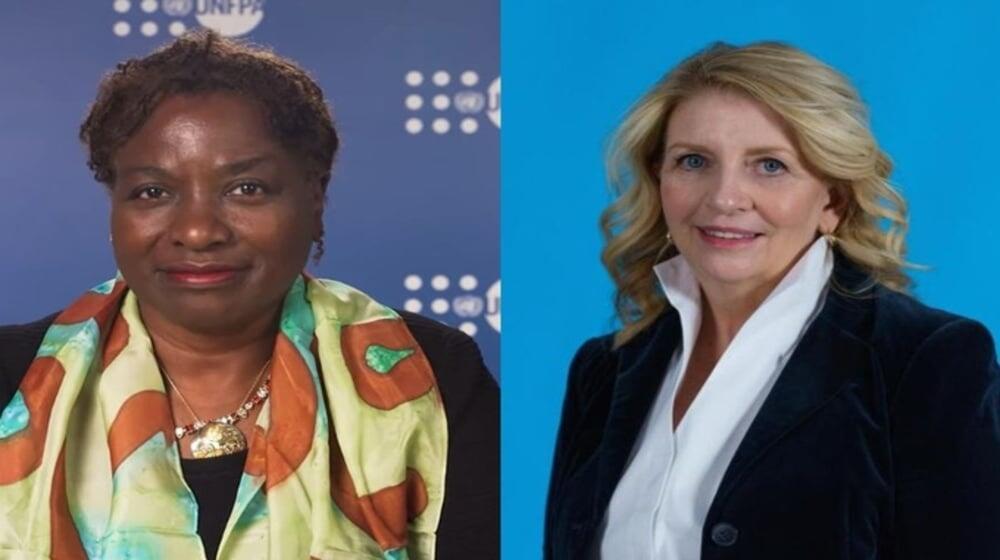World will miss target of ending FGM by 2030 without urgent action – including from men and boys
Joint Statement by UNFPA Executive Director Dr. Natalia Kanem and UNICEF Executive Director Catherine Russell on the International Day of Zero Tolerance for Female Genital Mutilation
NEW YORK, 6 February 2023 – “This year, 4.3 million girls are at risk of female genital mutilation, according to
“Female genital mutilation (FGM) violates the rights of women and girls and limits their opportunities for the future in health, education and income. Rooted in gender inequality and power imbalances, it is an act of gender-based violence that harms girls' bodies, dims their futures, and endangers their lives.
“But we know that change is possible. With just eight years left to reach the global target of eliminating FGM, only collective and well-funded action across a diverse group of stakeholders can end this harmful practice.
“Changing gender and social norms that encourage FGM is critical. Men and boys are powerful allies in the effort. Increasingly they are challenging power dynamics within their families and communities and supporting women and girls as agents of change.
“The UNFPA-UNICEF global Joint Programme on the Elimination of FGM has supported over 3,000 initiatives within the last five years where men and boys actively advocate to bring an end to the practice.
“We are witnessing significant opposition from men and boys to FGM in
“This year, on the International Day of Zero Tolerance for FGM, we call on the global community to:
- Partner with and engage men and boys to shift unequal power relations and challenge the attitudes and behaviours caused by gender inequality that lead to FGM.
- Integrate gender-transformative approaches and changing social norms into anti-FGM programmes.
- Invest in national-level policies and legislation protecting the rights of girls and women, including the development of national action plans to end FGM.
“Today is a reminder of the
About the UNFPA–UNICEF Joint Programme
The UNFPA–UNICEF Joint Programme on the Elimination of Female Genital Mutilation: Delivering the Global Promise works to eliminate female genital mutilation through interventions in 17 countries where the practice is prevalent. The programme creates opportunities for girls and women to realize their rights in health, education, income and equality to help end the power imbalances that underpin this harmful practice.


